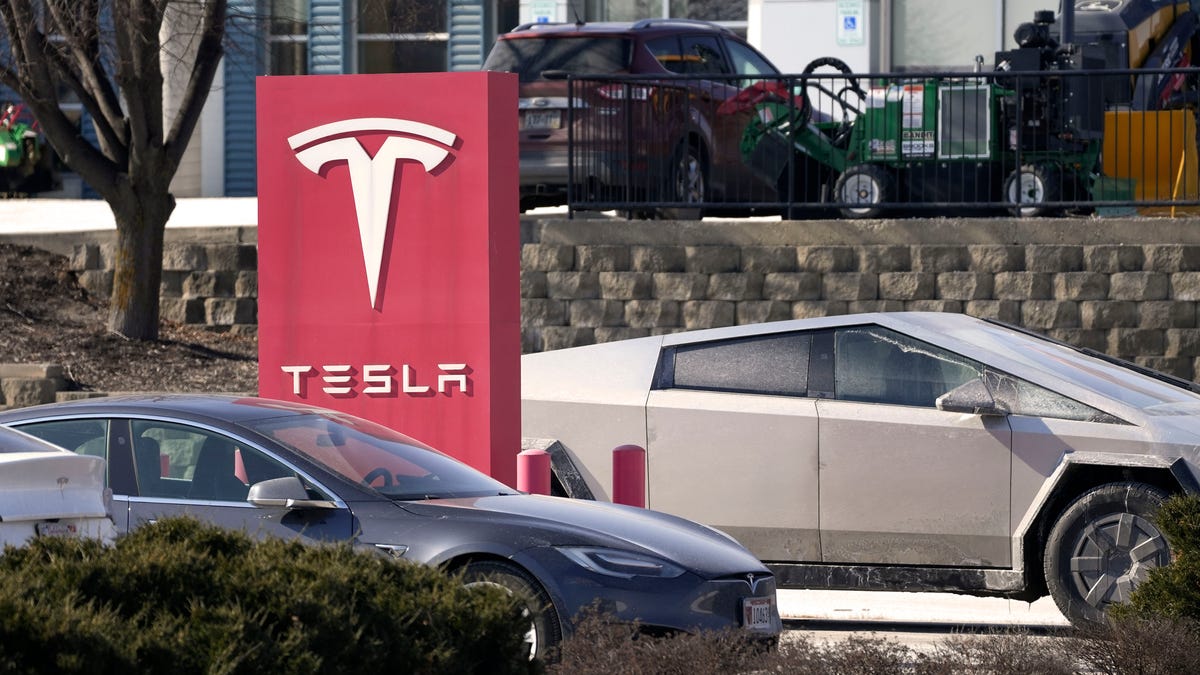
What to know about Tesla's Wisconsin lawsuit, Elon Musk and Brad Schimel
- 25.03.2025 10:34
- eu.jsonline.com
- Keywords: AI, Startup
Tesla is suing Wisconsin over dealership laws that prevent direct vehicle sales, while Elon Musk supports conservative candidate Brad Schimel, drawing criticism from opponent Susan Crawford, who claims Musk is trying to influence the court for his legal case.